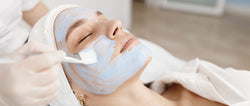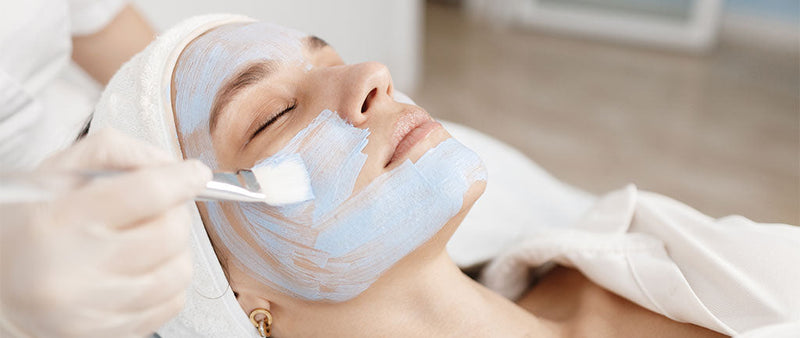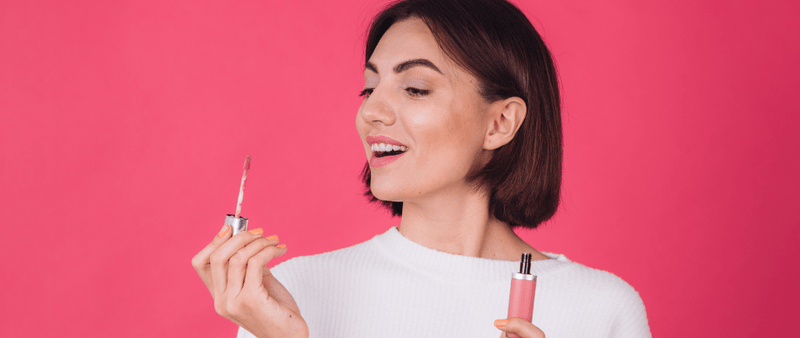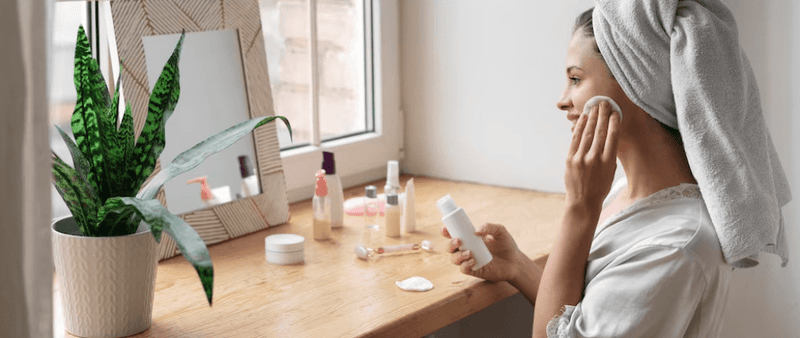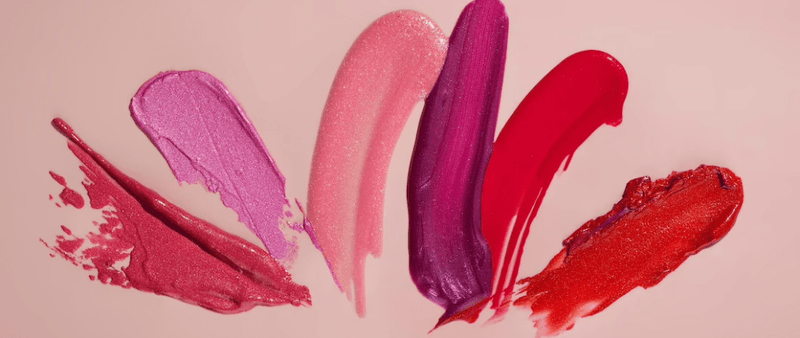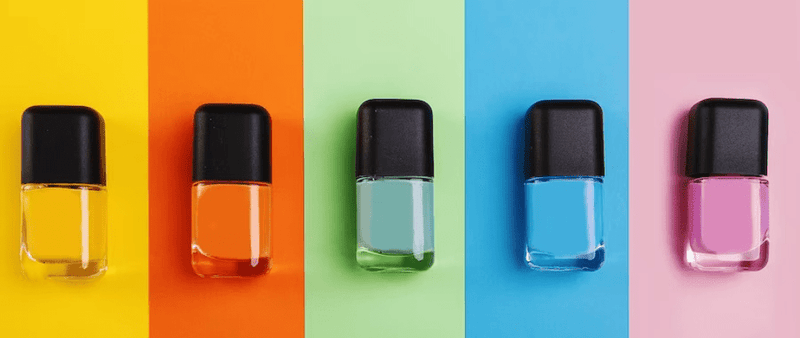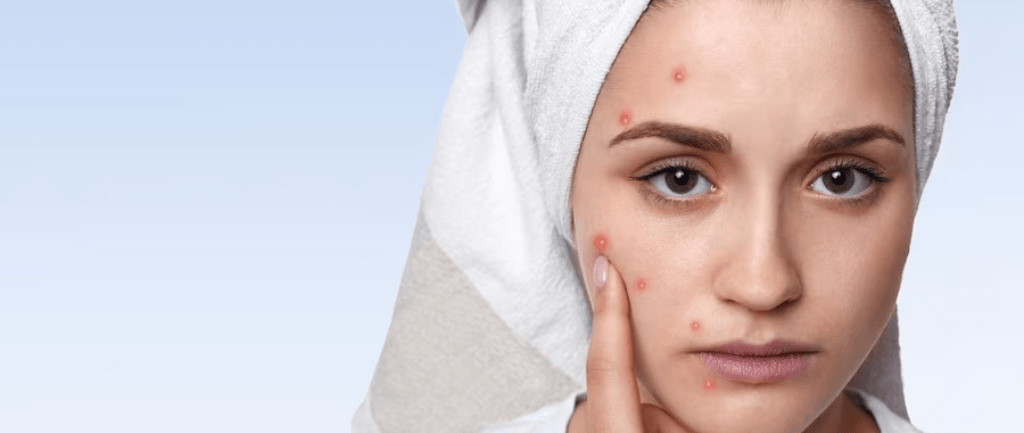


Acne is a common skin condition that affects many people worldwide, regardless of their age or gender. It occurs when hair follicles become clogged with oil and dead skin cells, leading to the formation of pimples, blackheads, whiteheads, and other types of blemishes on the skin.
If you're struggling with acne, you're not alone. Fortunately, there are several effective ways to get rid of acne and achieve clear, healthy-looking skin. In this article, we'll discuss seven of the most effective ways to rid of acne.
-
Keep your Skin Clean and Moisturized
-
Use Salicylic Acid or Benzoyl Peroxide
Salicylic acid and benzoyl peroxide are two of the most effective over-the-counter ingredients for treating acne. Salicylic acid helps to unclog pores and prevent future breakouts, while benzoyl peroxide kills acne-causing bacteria and reduces inflammation. Look for products that contain these ingredients and use them as directed.
-
Avoid Touching your face
Touching your face can transfer bacteria, oil, and dirt from your hands to your skin, which can worsen acne. Avoid touching your face as much as possible, and never pick or pop your pimples, as this can lead to scarring and further breakouts.
-
Watch what you eat
There's some evidence to suggest that certain foods can contribute to acne, including dairy products, high-glycemic-index foods, and foods that are high in saturated and trans fats. Pay attention to what you eat and how it affects your skin, and try to limit your intake of these types of foods if you notice that they're making your acne worse.
-
Manage your Stress Levels
Stress can trigger acne by increasing inflammation and oil production in the skin. If you're prone to acne, it's important to manage your stress levels through activities like exercise, meditation, or deep breathing. You can also try talking to a therapist or counselor if you're struggling with stress or anxiety.
-
Get Enough Sleep
Sleep is crucial for overall health and wellness, and it can also have an impact on your skin. Lack of sleep can increase stress and inflammation in the body, which can contribute to acne. Aim to get at least seven to eight hours of sleep per night to help keep your skin healthy and clear.
-
Consider Seeing a Dermatologist
If you're struggling with persistent or severe acne, it may be time to see a dermatologist. A dermatologist can evaluate your skin and recommend prescription-strength treatments that may be more effective than over-the-counter products. Some common prescription treatments for acne include topical retinoids, antibiotics, and oral contraceptives for women.
In conclusion, acne can be a frustrating and stubborn skin condition, but there are several effective ways to treat it. By keeping your skin clean and moisturized, using salicylic acid or benzoyl peroxide, avoiding touching your face, watching what you eat, managing your stress levels, getting enough sleep, and considering seeing a dermatologist, you can achieve clear, healthy-looking skin and feel more confident in your appearance.




